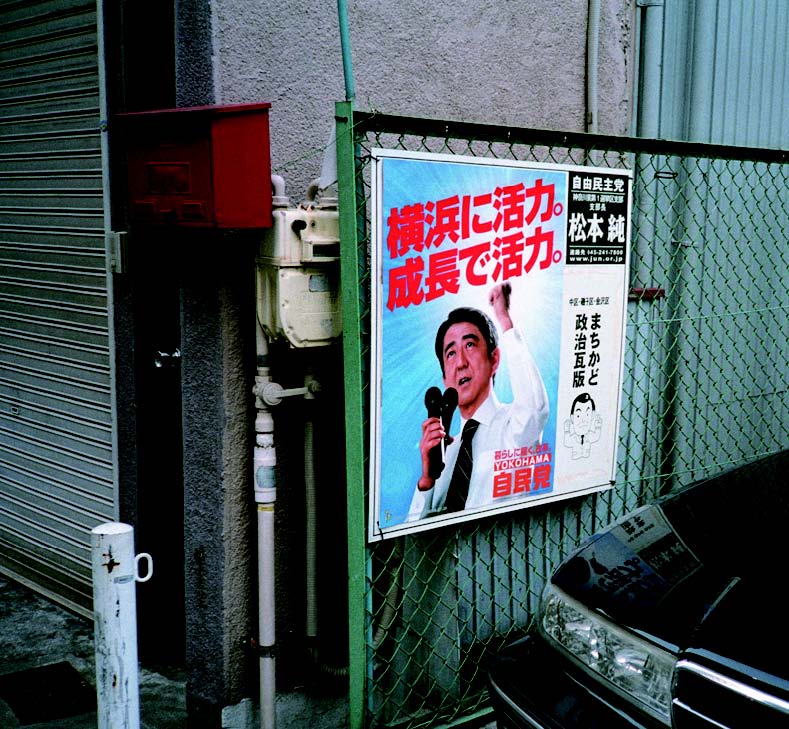by Ian de Stains OBE
There is an inevitability about the fall. Of course you could say that of all the seasons, but for some reason it rings more true of autumn, I think, than any other. The year begins to wind down and winter beckons. For all the beauty of the foliage—the reds and the crimsons, orange and gold—there is a kind of sadness in the air. The light begins to change, we sense a whiff of mortality as the evenings fade and we might even pause to wonder at the miracle that awaits beyond the interlude of dark days when spring brings with it rebirth and a new hope.
The habitués of Nagatacho have reason to view this particular fall with either dread or optimism, depending on the color of their political stripe. Japan’s voters, too, will have cause to reflect more keenly than in most election years. The outcome of the vote on August 30 could effectively see the end of the system that has kept the conservative Liberal Democratic Party (LDP) in power for all but a brief interval over the last half century.
During the past 30 years, Japan has had 17 prime ministers. All but one were LDP, and there have been three in the last three years (by contrast over the same 30-year period, the UK has had four prime ministers). The current incumbent, Taro Aso, has a popularity rating of something like 16 percent—it has at times been even lower—and he has managed to earn a somewhat George W. Bush-like reputation when it comes to communications. He frequently misreads kanji, has displayed an embarrassing lack of knowledge of today’s political geography, and has managed to offend a variety of minority groups and causes at home. Despite calls to do so, he resolutely refused to step aside as PM, preferring instead to dissolve the lower house and call an election on a pledge of restoring people’s confidence.
What makes this election very different from those that have gone before is not simply the LDP’s poor support rate (around 19 percent) but the fact that the current impasse in the Diet means that Japan is having a truly difficult time dealing with the economic crisis and the need to come up with a genuinely workable stimulus package. For the first time in decades, this truth appears to have come home to the Japanese voters, who in recent elections for the Tokyo Assembly showed the LDP the door.
Voter apathy has in the past been a contributing factor to LDP victory, but it is highly unlikely they can count on it this time. Minshuto (the Democratic Party of Japan) must be rubbing its hands in apprehension of the chance fate is giving them. This fall the election could be theirs for the taking. The question is, when the status quo is so radically upset, will there be a winter of discontent to follow?









